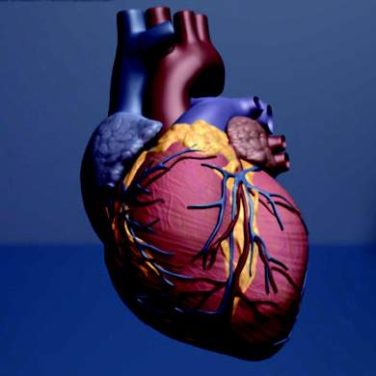FROM THE AMERICAN JOURNAL OF PSYCHIATRY
Antipsychotics should be used judiciously when patients with dementia develop agitation or psychosis, according to the American Psychiatric Association’s first practice guideline on this issue published May 1 in the American Journal of Psychiatry.
Most patients with dementia develop psychosis or agitation during their illness, and treatment, based on expert consensus, often has involved antipsychotics. Antipsychotics have been thought to minimize the risk of violence, reduce patient distress, improve the patient’s quality of life, and reduce the burden on caregivers. But recent clinical trial results suggest that the benefits in this patient population are small at best, while the harms – including increased mortality and accelerated cognitive decline – are significant, said Dr. Victor I. Reus , chair of the APA Practice Guideline Writing Group and his associates.
The group developed this guideline based on a systematic review of the evidence, including results of a survey of experts in the treatment of agitation or psychosis in people with dementia. Overall, the guideline’s 15 recommendations stress that these medications must be just one part of a comprehensive, patient-centered treatment plan that includes both drug and nondrug components, said Dr. Reus, also professor of psychiatry at the University of California, San Francisco, and his associates.
Among the new recommendations, the APA emphasizes that antipsychotics should be used only when agitation or psychosis are severe, dangerous, and/or cause the patient significant distress. The potential risks and benefits should be discussed with the patient (if feasible), family, and other caregivers.
If antipsychotic treatment is initiated, it should be started at low doses and titrated up to the minimum effective dose tolerated. Haloperidol should not be used as a first-line agent, and long-acting injectable antipsychotics should not be used unless indicated for a concomitant chronic psychotic disorder, Dr. Reus and his associates said (Am J Psychiatry. 2016;173:1-4 doi: 10.1176/appi.ajp.2015.173501 ).
If any side effects develop, the clinician should review all side effects, risks, and benefits, and discuss these with the patient, family, and caregivers, to determine whether tapering or discontinuing the drug is indicated.
Response to treatment should be assessed using a quantitative measure. If there is no clinically relevant response after a 4-week trial of an adequate dose of an antipsychotic medication, it should be tapered and withdrawn. If there is a positive response, eventual tapering of the drug should be discussed with the patient, family, and caregivers, including the potential risks of continued use of these agents.
Attempts to taper and withdraw the antipsychotic should commence within 4 months. Symptoms should be monitored at least monthly during drug tapering and for at least 4 months after treatment cessation to identify signs of recurrence of psychosis or agitation.
The full Guideline is available online at http://psychiatryonline.org .





